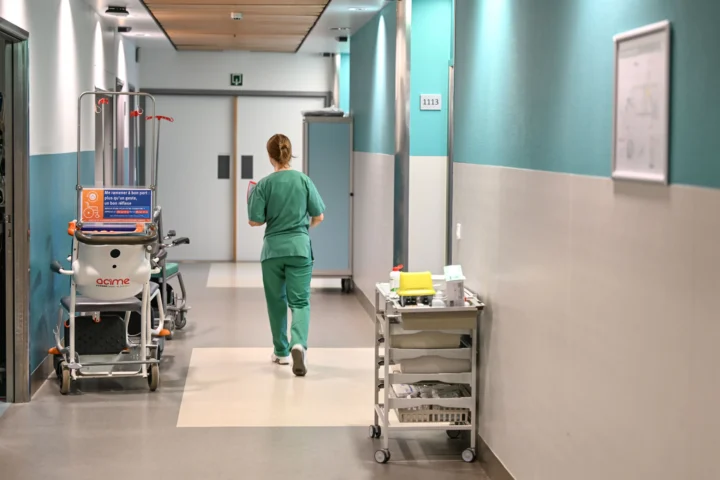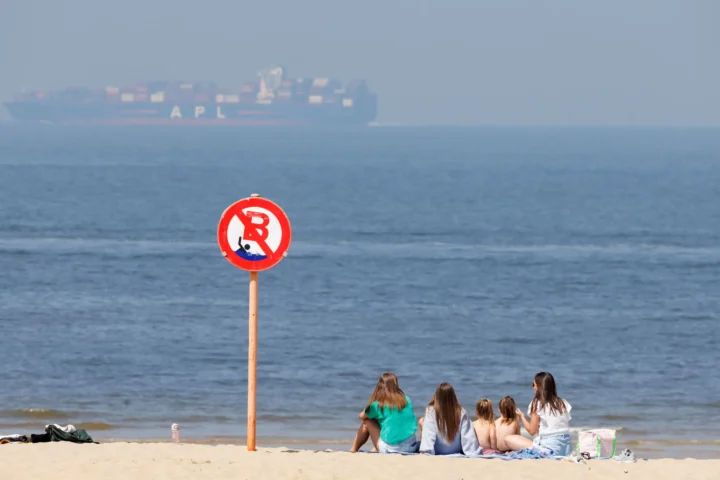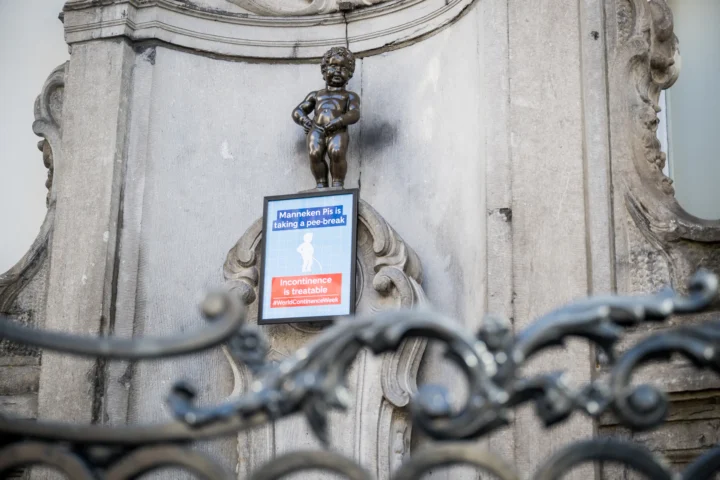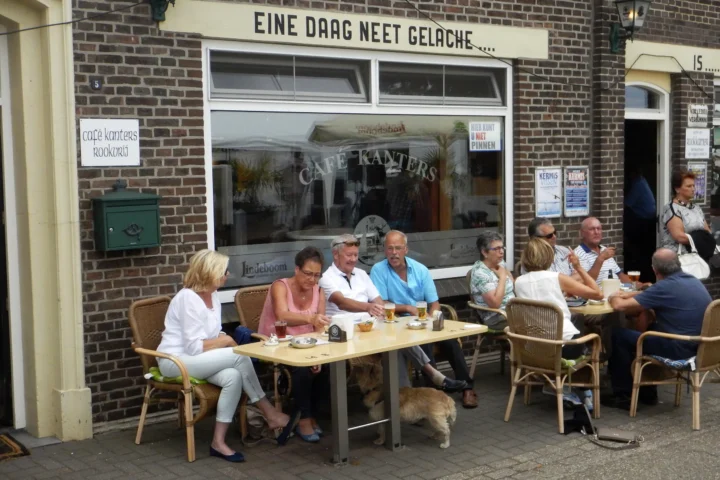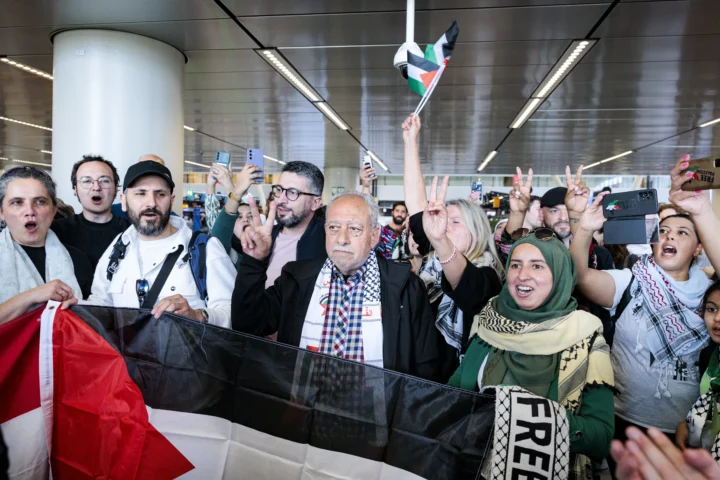The European Commission presented its ‘Preparedness Strategy’ on Wednesday. One of the recommendations is that European citizens should have a survival kit that can last for at least 72 hours in the event of a disaster.
“Preparedness must be woven into the fabric of our societies — everyone has a role to play,” European Commissioner for Preparedness Hadja Lahbib said on Wednesday. “Today’s threats are fast, complex, and interconnected; our response must be more proactive, more integrated, and more coordinated at European level.”
“Preparedness must be woven into the fabric of our societies — everyone has a role to play”
The European Commission’s Preparedness Strategy aims to create a mindset of preparedness at all levels of society. It comes at a time when the EU is facing increasingly complex crises and security challenges, including the war in Ukraine, sabotage and disinformation campaigns, and cyber security threats.
The Commission is therefore putting forward 30 concrete proposals to better anticipate and respond to crisis situations. It wants a new European crisis coordination centre, minimum preparedness criteria for essential services such as hospitals or telecommunications, and an improvement in the supply of critical materials.
Survival kits
One notable proposal is the Commission’s call for European citizens to put together a three-day survival kit. This should ideally include water, canned or freeze-dried food, lighting, identity documents in a waterproof bag, medication and a radio, said Lahbib, who also posted a video on social media.
At Wednesday’s press conference, the Belgian Commissioner stressed that it is up to member states to decide what exactly their citizens need, depending on the situation in their own country. “In Finland, which shares a thousand-kilometre border with Russia, young people learn to handle weapons. I don’t think that’s necessary in France or Belgium.”
Regular disaster drills will also be organised across the EU, as well as a special ‘EU Preparedness Day’. However, Lahbib stressed that the Commission’s aim with this initiative was not to cause panic among citizens. “By being well prepared, we want to have the opposite effect.”

